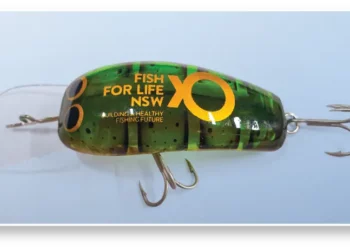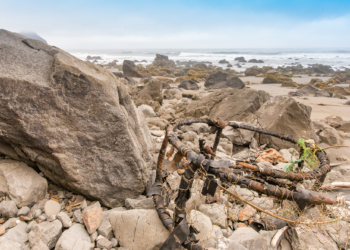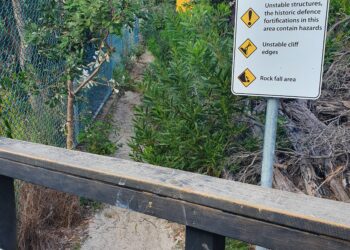
IN a victory for the pragmatic politicking which seems to have replaced sound policy decision making in much of the country these days, NSW Environment Minster Matt Kean had to knock over his own pick Malcolm Turnbull as chair of the Net Zero Emissions and Clean Energy Board before he’d even started. Did Turnbull lack qualifications for the role? Not at all. But he’s seen as anti-coal mining and with an Upper Hunter byelection looming the good old Coalition political pragmatism prevailed.
Rewind to the last NSW state election. Batemans Marine Park had areas reopened to rec fishing without any consultation, even with its own advisory board. Science based? No way. Rec fishing vote based. Now NSW is reported to be developing a “network management plan” for the state’s marine parks. Kean, as minister jointly responsible for the parks, looks to be caught again. Agriculture Minister Adam Marshall will no doubt push for further erosion of protection.
Despite being a signatory to the Global Ocean Alliance, where over 50 countries have committed to protecting over 30 per cent of the world’s oceans by the end of the decade, as it’s done with climate change initiatives Australia plays an interesting game. Most of Australia’s marine protected area (MPA) network still allows for commercial fishing in at least some zones and rec fishing in several more. In fact, 75 per cent of our MPAs only get “partial” protection, which is hard to understand every time we see a pro net full of fish hauled up on a beach in an MPA. Our open water MPAs still allow bottom trawling in some zones. As well as being destructive of seafloor residents and habitats, bottom trawling is also a significant contributor to Co2 release into the oceans. It stirs up the seafloor, which if undisturbed acts as a natural carbon sink.
Currently only 7 per cent of the world’s ocean areas are protected, so much action is needed if 30 per cent is to be achieved by 2030. I’ve thought in the past that seemingly arbitrary 30 per cent total protection targets might have been overkill and have written pieces over the years in support of a “horses for courses” approach, based on both critical habitat protection and multi-use zones rather than blanket targets. But given the state of many of the world’s fish species, including a number in “world’s best fisheries management practices” Australia, now I’m not so sure. Combine that with political rather than scientific decision making on these matters, then I’m really worried.
So, if the weight of evidence suggests that 30 per cent is the necessary target for the protection of our oceans and their residents, and that means excluding commercial fishing completely from these areas, then maybe we rec fishers need to be excluded too. But please, some genuine consultation on which areas are selected, not pragmatic electoral based decision making by pork-barrelling politicians, be they Coalition, Labor or self-interested independents.
















